Schedule a Call Back
Strategies for global manufacturing dominance: Vishal Agarwal
 Articles
Articles- Feb 21,25

Related Stories
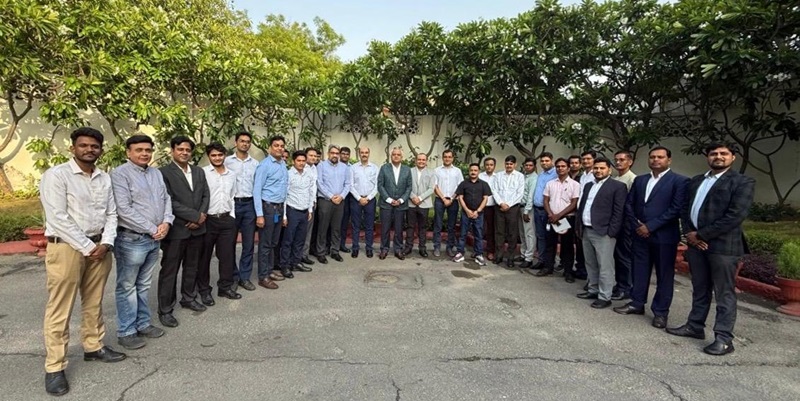
Aerem Solutions and OMC Power partner to finance solar rooftop adoption by MSMEs
Under this agreement, Aerem through its NBFC, will enable credit facilities of Rs 2 billion to OMC Power’s customers, enabling MSMEs to invest in energy-efficient solar systems with easy financing..
Read more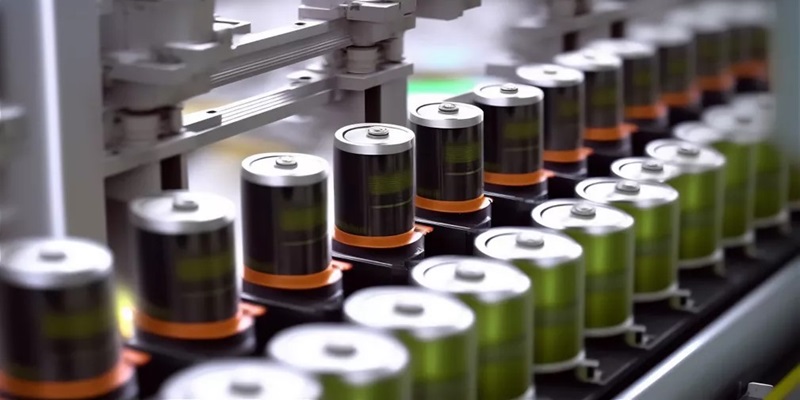
Exide Industries in battery talks with EV makers
Hyundai is set to become the first Indian automaker to use locally manufactured battery cells for electric vehicles through its agreement with Exide’s subsidiary, Exide Energy Solutions, signed in..
Read more
U.S. FDA to begin surprise checks abroad
The FDA conducts approximately 12,000 domestic and 3,000 foreign inspections annually across over 90 countries.
Read moreRelated Products
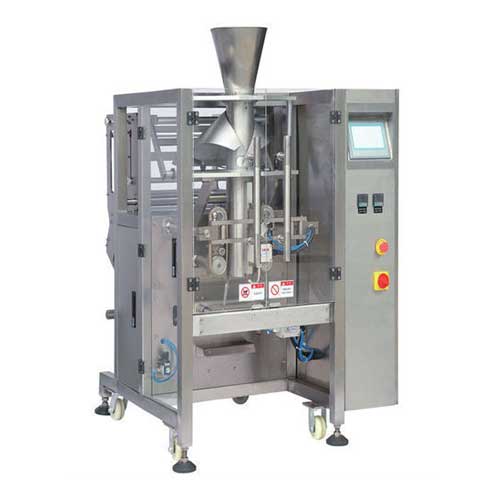
Automatic Food Snacks Packaging Machine
Grace Food Processing & Packaging Machinery offers
automatic food snacks packaging machine.
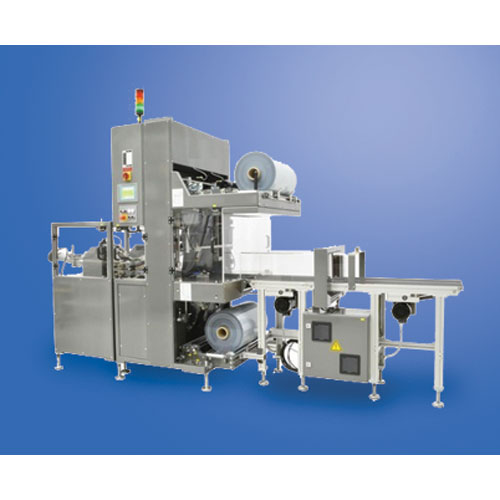
Vacuum Packing Machines
IPK Packaging (India) offers vacuum packing machines.
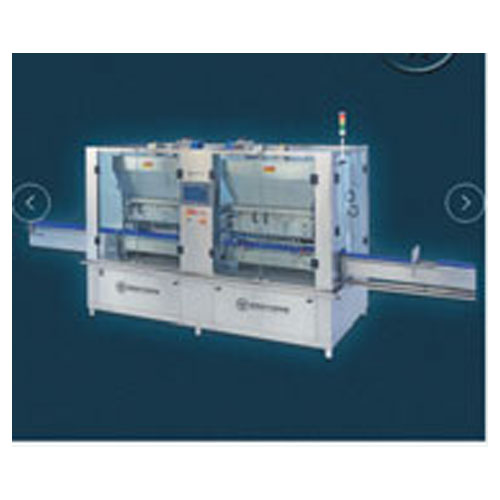
Liquid Filling Machines – Viscofill-300
Brothers
Pharmamach (India) Pvt Ltd offers a wide range of liquid filling machines –
viscofill-300.













